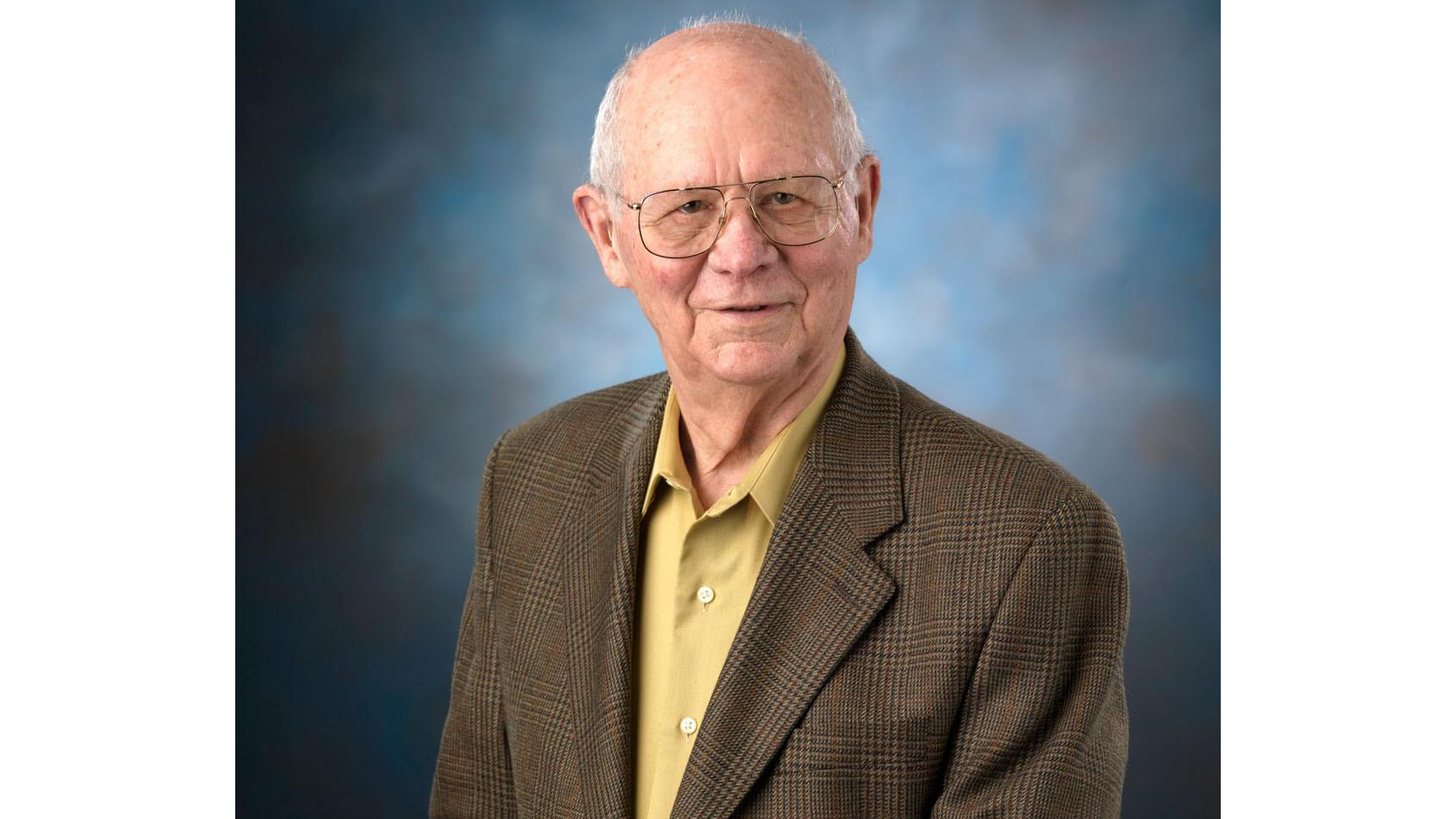Blankety-blank and bleep, bleep, bleep
Published 8:40 pm Tuesday, November 14, 2017
So we’re sitting there in the fancy chairs at the oral surgeon’s office, poring over a panoramic view of Daughter No. 2’s wisdom teeth, when he throws it out there, plain as can be. No hint of hesitation. No break in syntax. He just slides it in, right between all the explanations of perfect tooth positioning and talk of an under eight-minute, all-gone, extraction.
@#%*!
I believe he was referring to an obstinate molar.
In any case, my first thought was, “Maybe I misheard him.” My second thought was, “Maybe she didn’t hear him.” Not so, which is why a lively mother-daughter discussion ensued in the car.
The crazy thing is, the whole scene was one of those deja vu moments. About 10 years ago I was sitting in a similar office with Son No. 1 when a different oral surgeon let the same word fly. I mean, what are the chances of that? Do we look like people who want to pay for bad language as part of a medical consultation?
Some of you out there reading this are shaking your heads by now, thinking my idea of a foul-language-free society is Pollyannaish. Maybe. But can’t we at least have some safe zones?
Take, for instance, a college religion class. Why did my professor at Rhodes feel compelled to assault my ears every Monday, Wednesday, and Friday with what he deemed “soft cussing?”
And that guy on the old Apollo 13 documentary we thought would be educational. Why didn’t someone edit his “hard cussing” away and let him ride out the decades with a little dignity?
How about when you’re getting your hair done? Once, my hairdresser was working her magic when this loud-mouthed guy came in and took the chair across the room. While another beautician snipped away at his locks, this man’s salty tongue curled the sensibilities of everyone within hearing distance, including my 14-year-old. Finally, I had enough. With dye dripping and vinyl cape flapping, I walked over to him and asked him to stop.
Please.
Talk about clearing the air. The silence and staring afterward were a bit awkward, but I have to say that anytime I’ve been in that salon since, it’s been easy on the ears.
More recently I’ve noticed celebrated columnists letting the occasional expletive loose in papers like this one. I suppose it makes their writing more “credible.” After all, what impact do off-color interjections really have on a community’s vernacular, right?
But there is that nagging little line from the Bible about us being accountable for every idle word we speak. Ever wondered about that — accounting for every idle word? I suppose the space of eternity will be time enough for such a replay.
Author Wayne Grudem offers this take on corrupting language: “Using the words commonly thought to be offensive in the culture seems to me to be sort of the verbal equivalent of not wearing deodorant and having body odor, or of going around with spilled food on our shirts all the time. Someone might argue that not wearing deodorant or wearing dirty clothes are not morally wrong things in themselves, but my response is that they do give needless offense and cause others to think of us as somewhat impure or unclean. So, I think, does using words commonly thought to be “obscene” or “offensive” or “vulgar” in the culture generally. Plus, it encourages others to act in the same way.”
Grudem’s odor analogy makes sense. Maybe that’s why good mommas used to keep a bar of soap around for washing out offending mouths. These days, though, I don’t think such corrective action is in vogue.
And as the safe zones increasingly disappear, I would like to offer a candid word of my own to those of you who think it is hip to let it rip.
Hush.
Kim Henderson is a freelance writer. Contact her at kimhenderson319@gmail.com.





